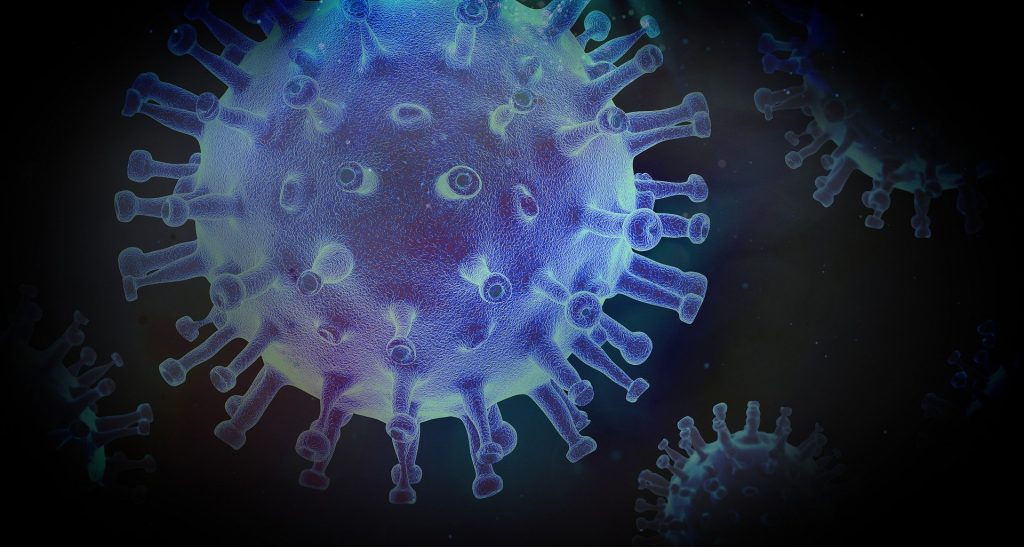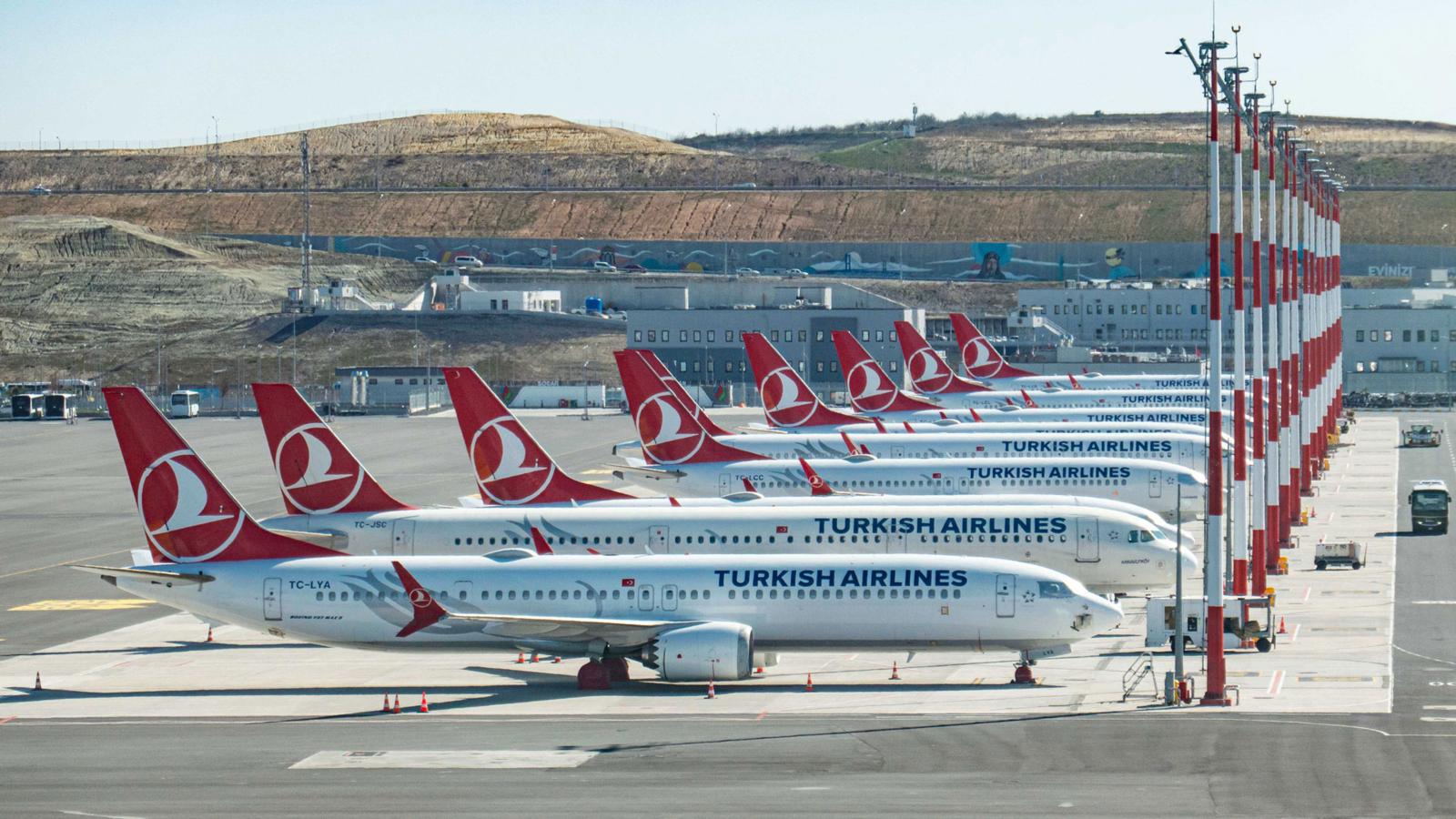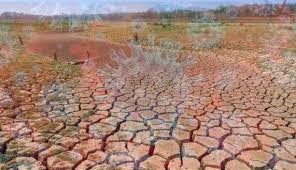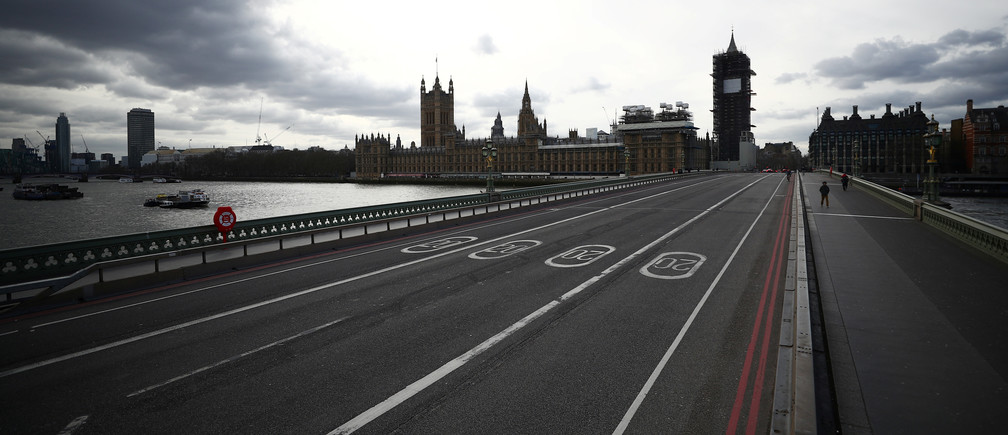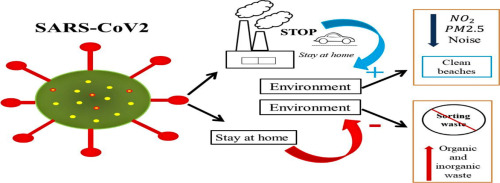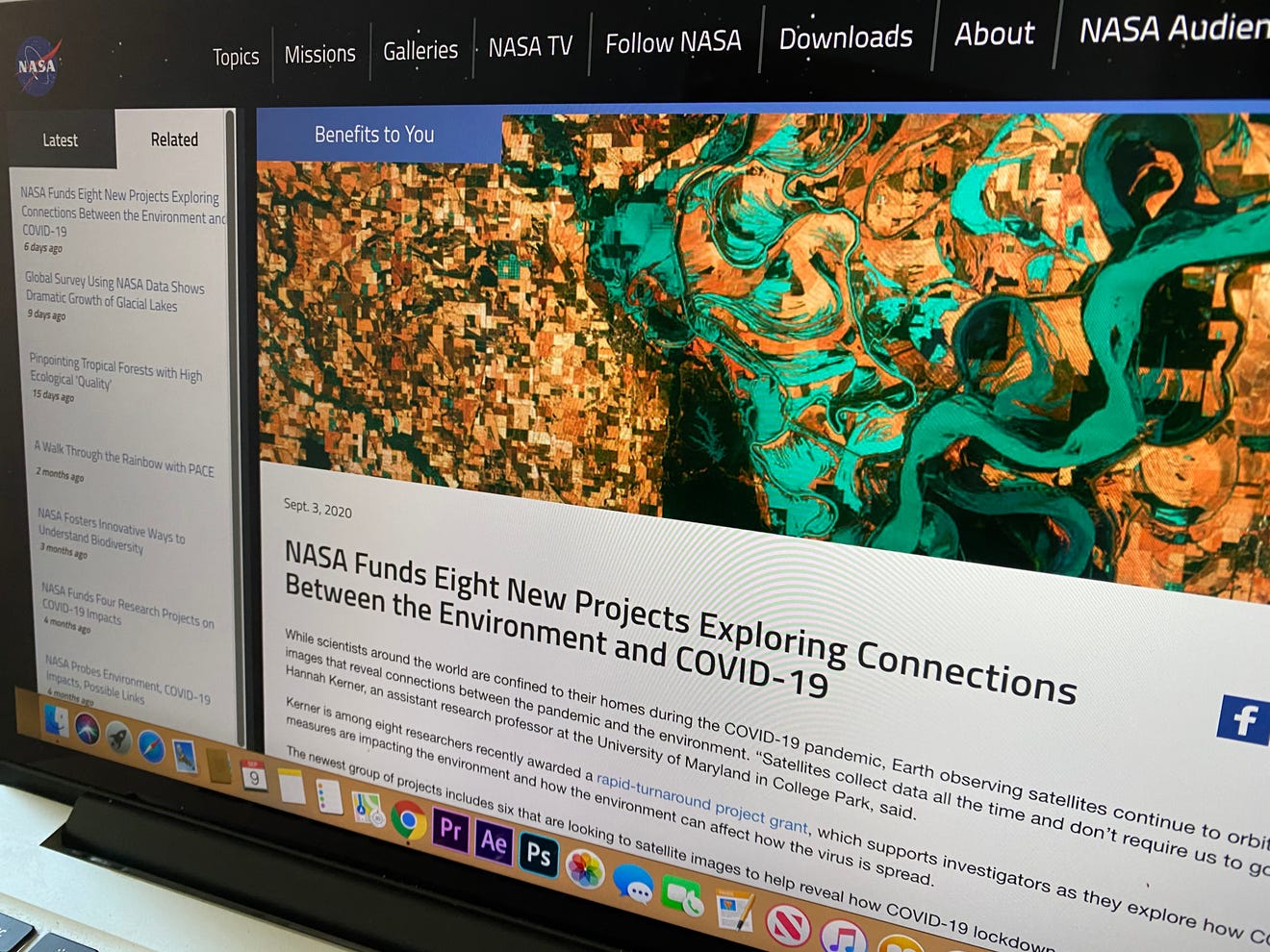IPCC
During the current global public health crisis, the IPCC Secretariat and Technical Support Units continue to operate remotely.
The IPCC has been monitoring the COVID-19 pandemic and related measures undertaken by governments. We support the strong and swift action undertaken worldwide, but note this has serious implications for the timely completion of the IPCC’s Sixth Assessment Report.
Among these is the ability of IPCC authors, who volunteer their time and expertise to the IPCC, to continue to work to the agreed schedule, and experts and governments, who provide essential feedback on draft reports, to undertake their reviews. The IPCC leadership is well aware of the additional challenges faced by many working from home, from caring for loved ones and communities to managing their main employment in changed conditions, including the effort to move teaching online and pursue research, modelling and observation programmes. We are very grateful for their unprecedented efforts to support the work of the IPCC.
The IPCC is consulting with authors, member governments and other stakeholders to inform a strategic response to the pandemic. This includes reviewing the timing and format of Lead Author Meetings and other activities in the coming months and the schedule for delivery of the Sixth Assessment Report.
BBC
In a matter of months, the world has been transformed. Thousands of people have already died, and hundreds of thousands more have fallen ill, from a coronavirus that was previously unknown before appearing in the city of Wuhan in December 2019. For millions of others who have not caught the disease, their entire way of life has changed by it.
The streets of Wuhan, China, are deserted after authorities implemented a strict lockdown. In Italy, the most extensive travel restrictions are in place since World War Two. In London, the normally bustling pubs, bars and theatres have been closed and people have been told to stay in their homes. Worldwide, flights are being cancelled or turning around in mid-air, as the aviation industry buckles. Those who are able to do so are holed up at home, practicing social distancing and working remotely.
UNECA
Lessons learned from the global response to the ongoing coronavirus pandemic give positive signals on how the world can deal with the devastating impacts of climate change.
In a contribution to an ECA publication on COVID-19, the African Climate Policy Centre (ACPC) of the Economic Commission for Africa (ECA) says while momentum on climate action may be hampered by the ongoing coronavirus (COVID-19) crisis, the way the world has responded to the pandemic may help the global response in dealing with the existential threat of climate change.
Governments across the board have taken swift actions to deal with the pandemic, including financial stimulus and support packages, and there has been great solidarity between countries and between communities, the medical profession and the science community with data sharing and support across borders.
AfricanReview
Around 54 leaders from the African Adaptation Initiative, championed by President Ali Bongo Ondimba of Gabon, have endorsed the policy recommendations outlined in the brief “Integrated Responses to Building Climate and Pandemic Resilience in Africa”
The policy brief was prepared by the Global Centre on Adaptation and African Adaptation Initiative and has outlined a plan of action for African countries to ensure stimulus spending is used to build back better from the COVID-19 crisis.
The policy brief recommends adaptation actions for three major systems affected by the pandemic and climate change in Africa. Specifically, the recommendations include adaptation actions to secure the food supply for vulnerable populations and strengthen the agricultural value chain; increase access to water and sanitation in parallel with efforts to improve water governance; and investment in resilient infrastructure to create jobs. These recommendations result in a triple dividend for African countries: reduced pandemic risk, increased climate resilience and strengthened economic recovery.
WEF
These satellite photos show how COVID-19 lockdowns have impacted global emissions
NASA
While scientists around the world are confined to their homes during the COVID-19 pandemic, Earth observing satellites continue to orbit and send back images that reveal connections between the pandemic and the environment. “Satellites collect data all the time and don’t require us to go out anywhere,” Hannah Kerner, an assistant research professor at the University of Maryland in College Park, said.
ScienceDirect
This research aims to show the positive and negative indirect effects of COVID-19 on the environment, particularly in the most affected countries such as China, USA, Italy, and Spain. Our research shows that there is a significant association between contingency measures and improvement in air quality, clean beaches and environmental noise reduction. On the other hand, there are also negative secondary aspects such as the reduction in recycling and the increase in waste, further endangering the contamination of physical spaces (water and land), in addition to air. Global economic activity is expected to return in the coming months in most countries (even if slowly), so decreasing GHG concentrations during a short period is not a sustainable way to clean up our environment.
UNEP
Speech prepared for the first International Day of Awareness of Food Loss and Waste
NASA
NASA is using satellite imagery to track the effects of the pandemic on the environment.
UNEP
“contribution of the environmental dimension of sustainable development to building a resilient and inclusive post-pandemic world” was discussed by delegates taking part in “leadership dialogues”


